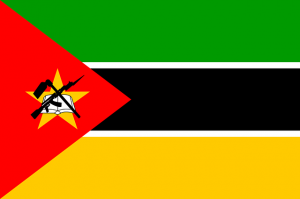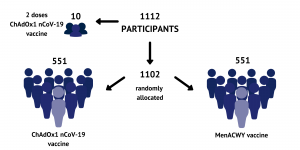As the violence in Syria intensifies, civilians and health workers continue to pay the highest price. Today, Aleppo is the most dangerous city in the world. Tens of innocent men, women and children have been killed or injured, and thousands more have been forced to flee for safety. Health workers who choose to stay behind are overwhelmed, exhausted and working with limited resources. Risking their lives daily to save others, they work under the most stressful and challenging conditions. For some, the suffering becomes personal, as they receive news about the loss of family and loved ones while on duty.
“It was a catastrophic day,” said Taha, a nurse who has been working in Al-Razi public hospital in Aleppo for more than 15 years. Together with his colleagues, Taha was treating severely injured civilians in the emergency department following a series of attacks on one of the city’s neighbourhoods. “I could not believe my own eyes when I saw my 10-year old daughter among the bodies on the floor,” he said. His daughter had just arrived home from school when a rocket hit their building, killing her and many others.
In the same emergency department, Hana*, a nurse, was working with the medical team to try and save her mother’s life, who had sustained severe mortar injuries. It was then that she learned that her brother Diaa-Eddin had been brought to the hospital after their building was shelled. Tragically, her brother had died before arriving at the hospital. “I thought that our suffering would have ended after we fled the heavy fighting in our previous neighbourhood 7 months ago. But it is clear that there are no safe places left here in Aleppo. To add to my despair, my mother also passed away 2 days later,” said Hana.
Souha has been working as a nurse in the same emergency department for 19 years. “This place has always been my second home,” she said. But one day changed that forever. While on duty, she saw the emergency team bringing her older brother Ahmad into the hospital. “He was covered in blood. I could not see his face but I knew it was him,” Souha recalls. Her brother had been shot by a sniper while trying to leave their home.
“In my entire career with WHO, I have never witnessed such profoundly tragic scenes,” said Elizabeth Hoff, WHO Representative to Syria. “In spite of the devastation faced by these nurses and many other health workers whose stories are untold, they continue to work, overcoming their own personal grief and heroically saving lives every day.”
To ensure that health workers in Syria are able to continue working in such challenges conditions, WHO provides psychological support to health workers across the country, as well as capacity-building training. In 2016 alone, WHO trained more than 16 000 health care providers from public and private health facilities and nongovernmental organizations on public health topics such as first aid, treatment of victims of chemical events, and trauma care management.
* Not her real name.








